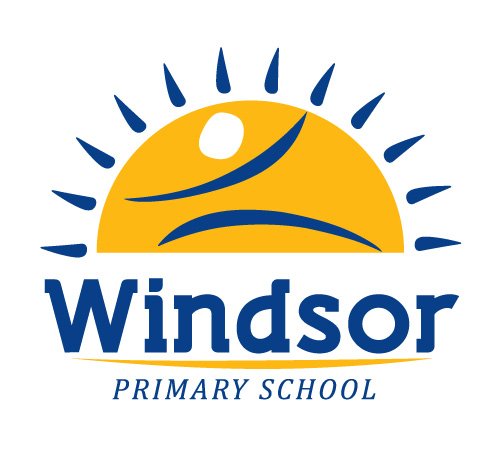wellbeing
Support Services
We are fortunate to have access to a wide range of highly skilled people to coordinate and implement valuable support programs for students.
Education psychology
We work closely with our network physiologist who attends our school approximately one day a week. Murray Everly is also an Educational psychologist who supports our school for approximately 5 hours a week. These professionals help to support teachers, parents and students. They work with parents and staff to identify any students at risk both academically and socially. Early intervention is essential to ensuring the best for our students.
Counselling
Our education psychologists can assist when families undergo a trauma or big change. Outside of the education system, free telephone counselling services are available to support families who may be going through a difficult time.
Kids Helpline – 24-hour telephone counselling service for kids. 1800 55 1800
Lifeline – 24-hour telephone counselling service. 13 11 14
Mensline Australia – 24-hour telephone counselling service for men. 1300 789 978
Parent line – 24-hour advice and information service. 1300 1300 52
Speech Therapy
We also work with 2 speech therapists, Cathy Phillips (Network speech therapist) and Lane Schmerling. Lane supports our students on Disability funding and Cathy works with the class teachers to identify speech and language needs.
Translator
如果英语不是您的主要语言,我们可以提供帮助。(Chinese)
Urang tiasa ngabantosan upami Inggris henteu nganggo basa utama anjeun. (Sudanese)
Podemos ayudar si el inglés no es su idioma principal. (Spanish)
We will help you communicate with our school. If you’d like an interpreter for a school meeting, let us know and we will arrange one, if available. For more information, visit the Department of Education’s ‘Help in your language’ page.
Program for students with a disability
Our school supports students with a disability by providing additional resources to support these students at school. These students are usually supported with an integration aide to work with them individually and within the classroom. Students may be eligible for assistance under the Program for Students with Disabilities if they meet the criteria for any of the following: Intellectual Disability, Severe Language Disorder (with critical educational needs), Visual Impairment, Hearing Impairment, Physical Impairment, Severe Behaviour Disorder and Autism Spectrum Disorder.
